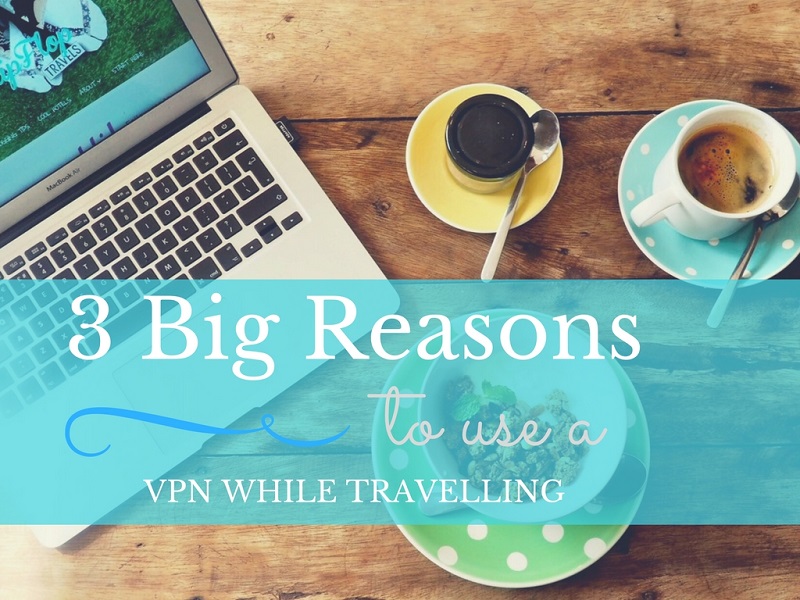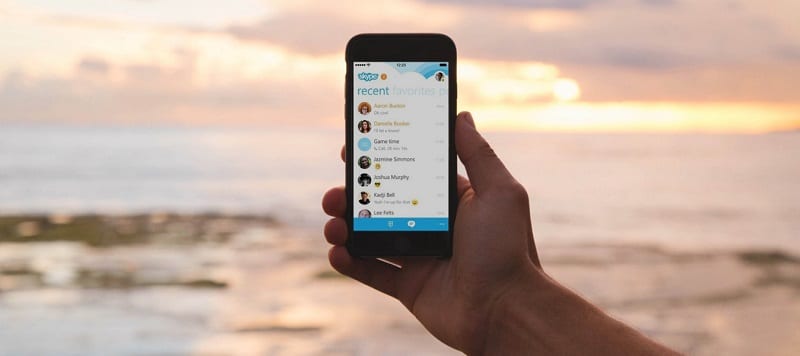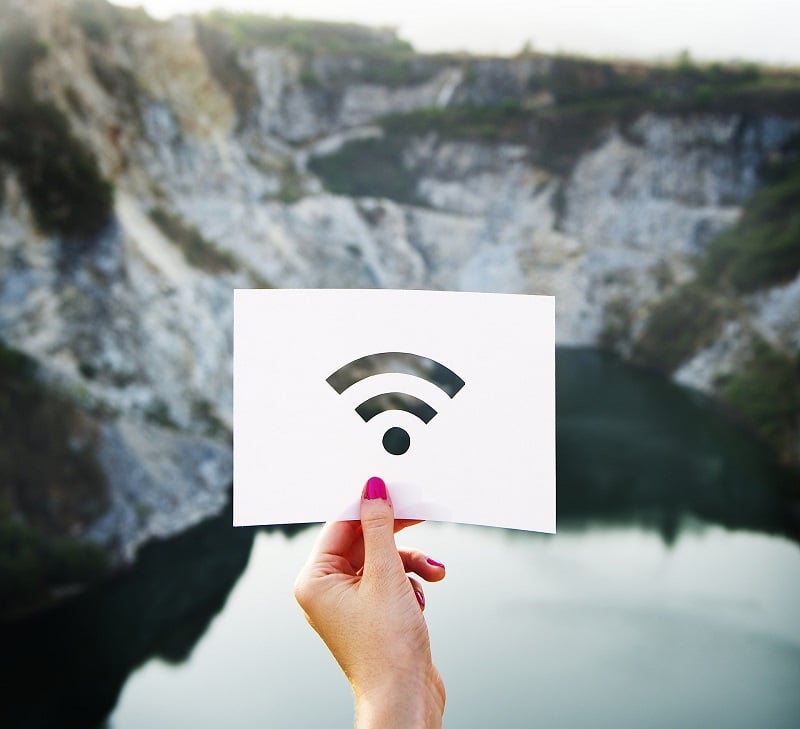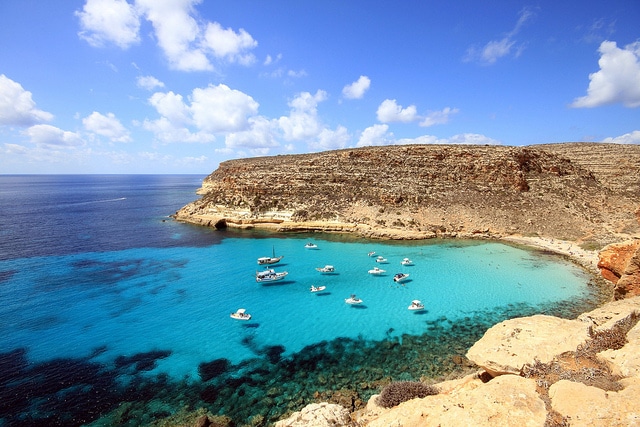Developments in online technology help travellers in several ways: booking flights, comparing room rates, and navigating new cities are all easier, thanks to current apps and devices. Savvy travellers can experience the thrill of new places without sacrificing the reassurances of familiar online resources and tools.
Despite these modern conveniences, however, you’re still likely to face a number of problems with online activities overseas. Reliance on public networks—such as those in airports, hotels, and cafes—is a big security risk. And regardless of how you connect, whether public network or mobile router, you’ll probably run into region-based restrictions or geo-blocking.
If you want to get the best out of your overseas connection, you should consider investing in a virtual private network (VPN) service. A VPN improves the privacy and versatility of your internet connection, allowing you to bypass many of the online hurdles that travellers face.

Here are some of the benefits you can get from using a VPN while travelling:
1. Protecting Travel Documents
Most travel preparations these days happen online, which means that a lot of travel documents are used in a digital format. Plane tickets and boarding passes, hotel bookings, and various vouchers can all be stored and used through the internet and smart devices.
This means, however, that if you’re using an unsecured network, you’re placing a lot of information at risk. It’s not just the travel documents themselves that are vulnerable, but also any data attached to them or used to access them, such as passwords or personal details.
Using a VPN, you can mitigate those risks. When you connect to a VPN service, it establishes a secure tunnel between your device and one a server, also called an endpoint, under the service’s control. This tunnel is encrypted at both ends, ensuring that all data sent through it is kept safe from unwanted surveillance.

2. Access Anything Anywhere
Has this happened to you before? You’re travelling overseas and trying to check up on news or go through the latest instalment of a series you follow only to find that it’s “not available in your region” or something similar.
Content restrictions in different parts of the world often arise due to limits in licensing agreements or government-imposed censorship. To implement these restrictions, websites usually use geoIP bans or geo-blocking. This method involves identifying a user’s region based on their IP address and filtering accordingly. So while you’re abroad, you’d normally be limited to whatever is accessible or not in the region you’re staying in.
When you use a VPN, however, it assigns you a new IP address based on the server or endpoint you connect to. This allows you to access content based on the VPN server’s region, rather than your physical location. In other words, you could choose a server in your home region to use the net as if you had never left—as long as it suits you; switching servers is simple and most VPN services have endpoints in several different countries.
3. Smart, Safe Shopping
VPNs are also useful when it comes to making online transactions, whether it’s paying for bills or making purchases. VPNs allow you to keep your transaction information—which includes credit card or bank details and personal information—secure from potential interception. It also allows you some flexibility in terms of making payments.
It’s been well documented for some time now that products and services sold online are priced differently for different people. While there’s a lot of data that factors into this, one common pricing scheme is to charge tourists more. As with content restriction, some of this is based on your IP address region. You can, therefore, use a VPN’s different servers to try and get better prices on products and services. For example, if you set your region to that of the country you’ll be visiting, you might be able to get better domestic flight prices.

Choosing a VPN Service
There are several VPN services available for travellers to choose from. Some are free, while others are available at a variety of pricing levels. When choosing a free VPN, look into how they sustain their operations. Some free VPN services have been shown to sell user information, which defeats the point of securing your data through a VPN. Whether free or paid, you should also look for the following:
- Device Coverage: VPNs usually have a limit on the number of devices that can connect to them. Make sure the VPN you would choose can cover all the devices you regularly use, preferably without additional costs.
- Server Locations: find a VPN with locations around the world, especially where you need them (e.g. your home region, countries you visit often, etc.)
- Auto-Connect: A VPN can’t do anything for you if you don’t connect to it. You might forget that while caught up in the rush of travelling, so an auto-connect feature is good to have.
- Other Security Features: Some VPNs offer other features, like ad blocking or DDOS mitigation. Depending on your regular online activities, you may find these useful to have.
Many VPNs offer limited trials or free versions, which will let you see how they work before investing for the long run. And once you’ve chosen one, setting it up is fairly easy. So before you take that next trip, consider getting a VPN service and taking advantage of the security and convenience they provide.














